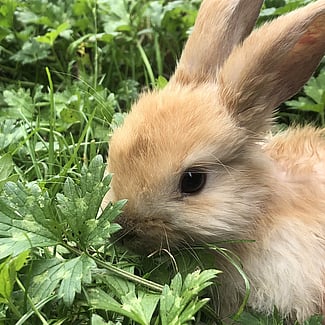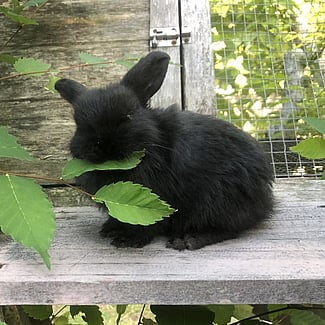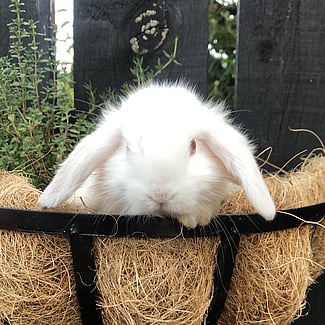NAIL CAREBunnies need their nails clipped every 1-2 months. If you decide to do this yourself check Youtube for videos that show a correct procedure. If you are concerned about the process, find a local vet to help. Purchase Nail Clippers via our Shop Tab.
RABBIT HEALTH & PROPER CARE
There is a huge amount of information available when it comes to caring for Rabbits. To ensure you are able to give them the best care possible, we have compiled the information below for you to utilise. A short overview is given of each. If you have further questions we encourage you to contact us to discuss. For full information on Rabbit Welfare in New Zealand, download the SPCA Rabbit Welfare Regulations below:
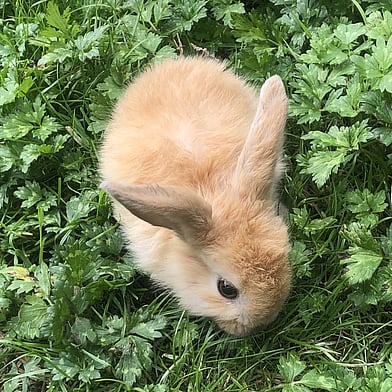
HOUSING Bunnies traditionally were kept in cages. More recently bunnies have been kept in homes as you would a cat or dog. Bunnies can be alot happier when kept indoors around people, but you need to be aware of Bunny habits, especially males, if you decide to keep them predominantly indoors. Outdoor bunnies may be more prone to mites and fleas.
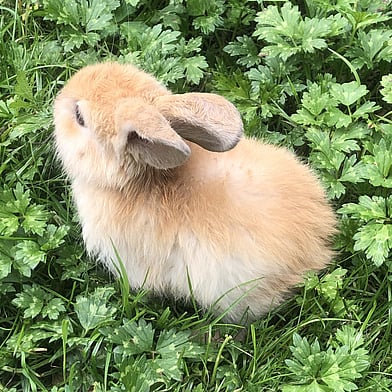
BABY RABBITSBaby bunnies are very fragile and if you are considering breeding we recommend you review this section on the care of baby bunnies. We also go over each stage of development which can be helpful if you have an unexpected litter. Bunnies should NOT be sold earlier than 6 weeks of age, they are likely to only survive 2-3 weeks at most if they are separated from their mother too early. This is a current issue in NZ.
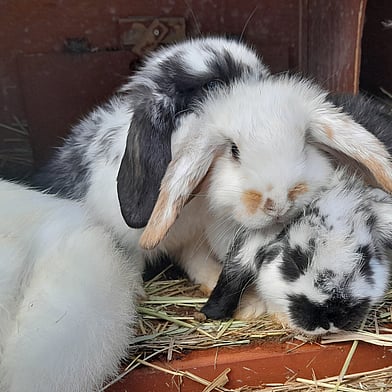
VETERINARY CLINICSRabbits need to have annual checkups, and a standard vaccination. They are considered an exotic animal so not all vets will treat them, it is important to research this before taking on a rabbit as a pet. Vets can also provide desexing but this can be costly so if you are considering a rabbit as a pet, check out the health requirements before purchasing your own.
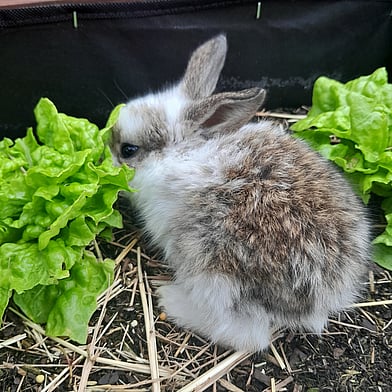
NUTRITIOUS SNACKSBunnies require a balanced diet, which is generally made up of 80% hay, a handful of rabbit pellets and a variety of fruit and vegetables as snacks. Always check if a fruit or vegetable is safe for rabbits before feeding it to your bunny.
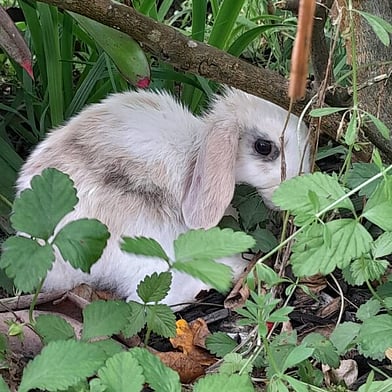
OUTDOOR ACTIVITYBunnies LOVE the outdoors. Make sure they have daily excercise in the garden or a grass area. We recommend a safety check though to ensure there is nowhere they can get trapped or escape. Check for fleas and mites regularly if your bunnny is outdoors often.

INDOOR AREASBunnies can become very much like dogs or cats if kept indoors. They love to sit with you on the couch, can be toilet trained, and will love having a warm dry space to run around in. Make sure they are feed well, as they can start to eat carpet, blankets and wires or cords if under nourished or bored.
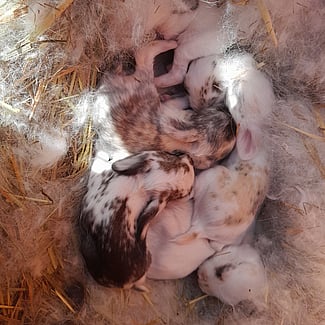
BABY RABBIT LITTERSBunnies are only pregnant for 28-32 days. Babies can be very fragile and susceptible to cold, so we don't recommend breeding unless you have experience and can find good homes. If you do end up with a litter, we can provide free advice.
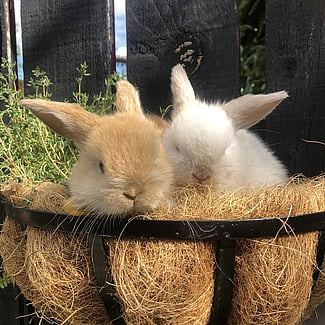
DESEXING BUNNIESFemales can become pregnant from 4-5 months of age. Healthwise, having the female spayed can be beneficial to her health later in life. Males can breed from 6 months of age. Neutering a male can help reduce aggression and help with behaviour.
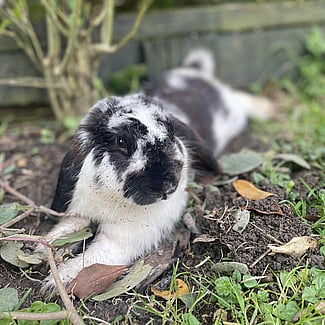
FLY STRIKEBunnies can be prone to fly strike which can quickly be fatal. Vets cannot treat it, they will often recommend euthanasia. Prevention is the best protection. Keep areas clean and thoroughly clean any litter boxes. Also make sure your outdoor area is safe and clean for your bunny, so they don't eat anything that make contain fly eggs or larvae.
